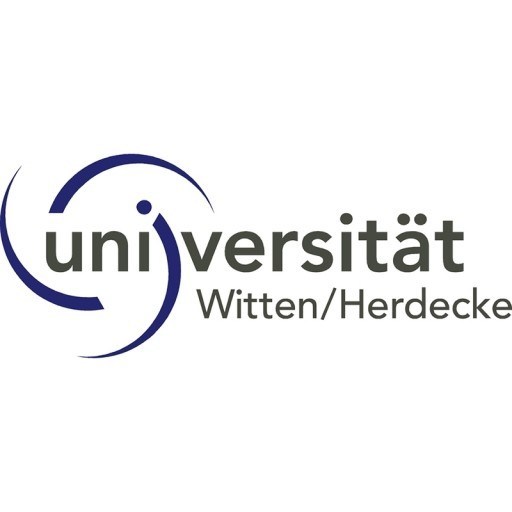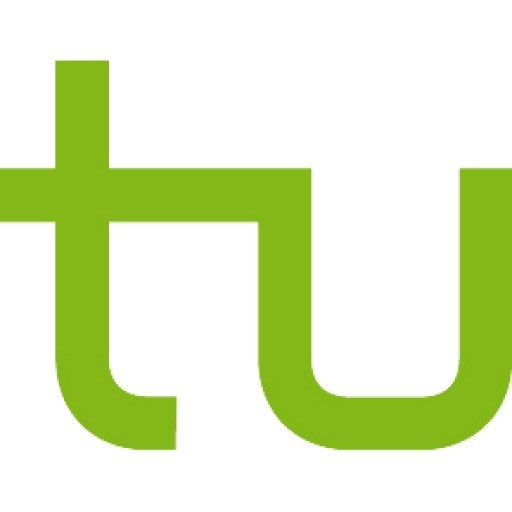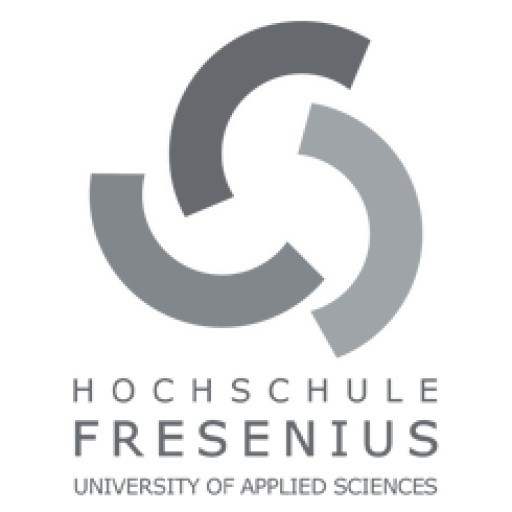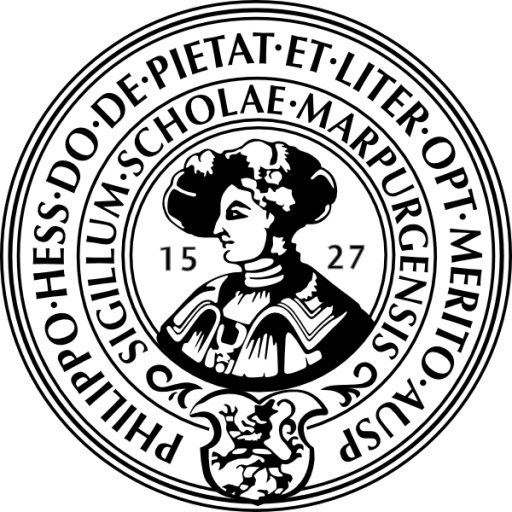Photos of university / #uni_wittenherdecke
The Philosophy, Politics, and Economics (PPE) Bachelor's degree program at Witten/Herdecke University offers students a comprehensive interdisciplinary education designed to prepare them for active engagement in societal, political, and economic issues. Spanning two years, this program combines rigorous coursework in philosophy, political science, and economics, enabling students to develop critical thinking, analytical skills, and a well-rounded understanding of the interconnectedness of these fields. The curriculum emphasizes both theoretical foundations and practical applications, encouraging students to analyze complex problems and to consider multiple perspectives. Students are trained to approach questions related to justice, governance, economic policies, and ethical considerations with a nuanced mindset. The program fosters a dynamic learning environment that promotes active participation, independent research, and collaboration among students and faculty. With a focus on current global challenges, such as environmental sustainability, social justice, and technological change, the PPE program equips graduates with the necessary tools to contribute meaningfully in diverse professional contexts, including policy-making, research, NGOs, and international organizations. Witten/Herdecke University emphasizes small class sizes and close mentorship, ensuring personalized guidance and fostering a community of engaged learners. The interdisciplinary nature of the program also encourages students to undertake internships, participate in seminars, and engage with external experts, broadening their practical experience. Graduates of the PPE program leave with a profound understanding of the ethical, political, and economic dimensions shaping modern society, as well as the analytical skills to analyze and influence future developments. With a curriculum designed to be both challenging and enriching, this program serves as an ideal foundation for those aspiring to careers in public service, academia, journalism, or corporate social responsibility. The university's commitment to academic excellence and societal relevance ensures that students are well-prepared to make an impact in an increasingly complex world.
Educational organisation
See: http://www.uni-wh.de/fileadmin/media/w/MPPE_120.pdfStudy abroad unit(s)
Our international office helps students to organise their studies abroad. This is not obligatory, but we encourage our students to go abroad for at least one semester.Forms of assessment
Witten/Herdecke University traditionally uses a wide range of teaching forms and forms of assessment, which are handled in a flexible way. Often, professors and students discuss and decide jointly on forms of assessment.Course objectives
Graduates are well qualified to identify political and economic factors that influence processes of social change in institutional and organisational settings, to analyse them with appropriate methodological tools, and to develop responses to global challenges at national and international level. They have acquired a sound basis of economic, political, and philosophical expertise. Moreover, they have developed a reliable awareness of transdisciplinary connections. This particular combination of perspectives makes them competent agents in businesses, in politics, and in academic contexts.Language requirements
English:TOEFL: 92
IELTS: 6.5 (with a minimum of 6.0 in each section)
CEFR: B2
Academic requirements
The programme addresses graduates of economics, humanities, social and political sciences, and of other disciplines related to the three key areas "Global Economic Development", "Global Governance" and "Philosophy and Society". Direct admission to the PPE MA is possible for BA graduates (at least 180 ECTS in total) that have at least 60 ECTS in the fields economics and political science or 60 ECTS in philosophy. In principle, the programme is also open for applicants with different backgrounds. However, typically these applicants will receive an offer only conditionally upon a number of preparatory courses to be completed before enrolment. For further questions, please contact the heads of the programme.We hand-select our students via a thorough admission process which is of central importance for our university. The core question for you as an applicant and for Witten/Herdecke University is whether or not we are suited to each other. Our individual selection procedures focus not on an applicant's school grades, but instead on character, job experience, future plans, and personal interests.
The process consists of four steps:
Step one: Submit complete application documents (see Apply now!).
Step two: Submitted applications are assessed with a focus on criteria such as personality, talent and ambition.
Step three: Applicants are informed in writing that they are invited to an admission seminar, or that their application has been rejected.
Step four: In an admission seminar, applicants will as a rule be video-interviewed by three different teams of two interviewers each, for 30 minutes respectively. Interviewers are members of the business or political community, UW/H lecturers and alumni. We will offer you a place only if you convince all your interviewers that you will be an asset to our university.
They will want to know about your personality, talents, ambitions and experiences. Subject-related knowledge is of minor importance in these interviews. For applicants who are unable to come to Witten, interviews may be organised via Skype.
For more information see
http://www.uni-wh.de/fileadmin/media/w/w_studium/Studieninteressierte/Bewerbungsunterlagen/PPE_Master/application_procedure_MA-PPE.pdf
and
http://www.uni-wh.de/en/economics/applicants/suited-to-each-other/
Enrolment fees
1. Cost contribution per application: 100 EUR - payable at the time of application2. Social Contribution per semester: 52.50 EUR
3. Contribution for the semester ticket per semester: 182.22 EUR - cost for a semester ticket covering public transport in the Rhine/Ruhr area as well as regional trains in North Rhine-Westphalia
Costs of living
Approx. 700 EUR per month to cover personal expenses including rent. Living expenses in Witten and the Ruhr Area in general are comparatively low by German standards, although great cultural activities are on offer, such as the European Capital of Culture "Ruhr 2010" and a lively nightlife scene. See e.g.: http://www.ruhr-tourismus.de/en.html or http://www.ruhr2010.deFunding opportunities within the university
Fellowships offered by the Hochschulwerk (student union) in cooperation with DAAD allocate an allowance of approx. 700 EUR per month. Witten/Herdecke international students who meet the following criteria are eligible:- Student originates from a lower income country (annual GDP/capita less than 10,000 USD).
- Student possesses a registration certificate or successful application for a degree programme at Witten/Herdecke University. Students must have a confirmation letter from the University Witten/Herdecke, affirming their definitive admission to the university.
- Student has a personal need of funding.
http://www.hochschulwerk.de/scholarship.html
Arrival support
Initial contact between new students and Witten/Herdecke University usually takes place in the video-interview during the selection process. As the selection process is accompanied by students who are already enrolled at Witten/Herdecke University, applicants get to know future fellow students on this occasion and develop first personal contacts with the student community. When they then arrive at Witten/Herdecke University for the start of their studies, freshmen have already tapped into the student network. In many cases, fellow students help with a pick-up service from the airport or from the train station, accommodate new students in their shared flats or arrange for private accommodation in order to integrate them into the network. This has the positive side effect that hotel expenses may not be necessary.Before classes start, second-year students arrange two so-called "welcome weeks" for new students. Participation of freshmen is voluntary, but almost all new students attend these welcome weeks. In the first week, all students spend time together at a separate location in order to get to know each other and to start student life with common experiences. In the second week new students are introduced to the university and surroundings and the university presents itself to the students.
On the first day of classes, the faculty welcomes the new students in an informal ceremony.










